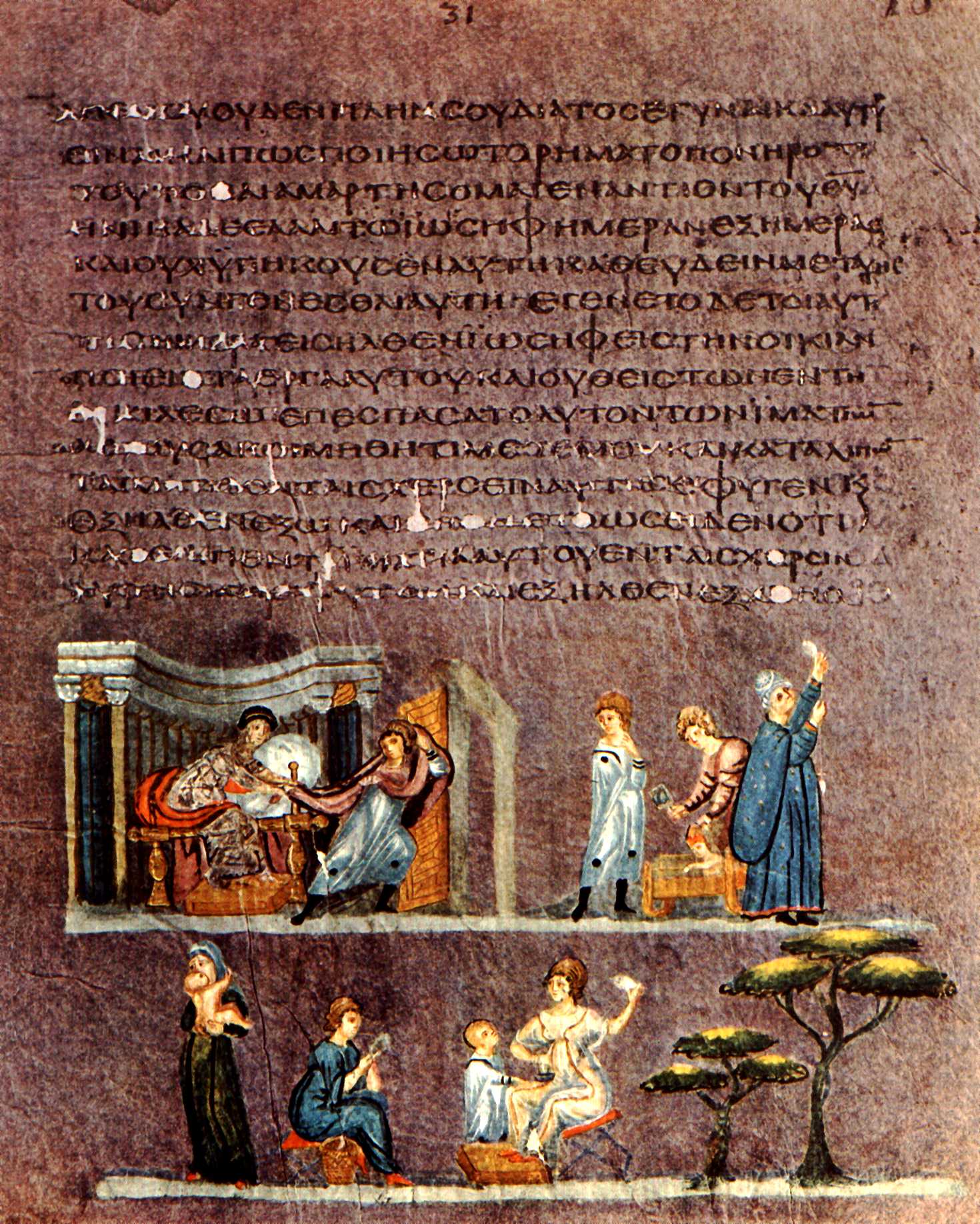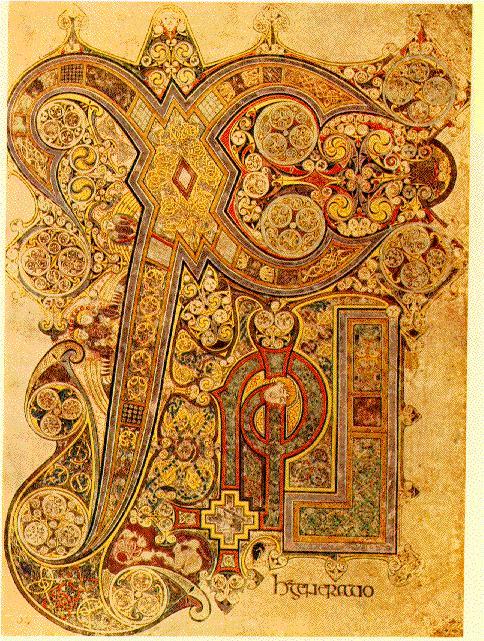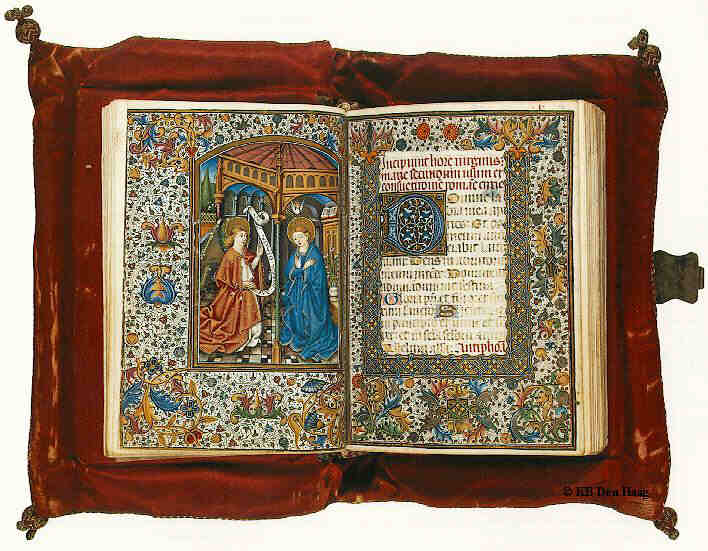Being a semi-immobile student at U of M, I rarely get the opportunity to branch out to the fantastical ‘real world’ off of this campus and bask in its awesomeness. Luckily, the opportunity came about this weekend. Where was it absolutely imperative that I make a stop at? Yes, my beloved and forever a staple, Barnes & Nobles Bookstore. There’s this really big one somewhere out in that real world that sits high in the sky and when you walk in there’s the hustle and bustle of readers, writers, coffee addicts, and pure happiness throughout the air. The books line all of their perfectly organized rows, (like in every B&N you come across…I don’t know why I’m being dramatic) and the opportunity to get lost in new worlds are endless.
There is just something about a great bookstore that really brings me true happiness. Is it the books? I love reading, but lately my Kindle is where I easily search and find my new conquests. Maybe it is the people? Young and old alike, meshing together to immerse themselves in literature, business, chit-chat, and music. Hmm, Â I don’t think it’s just one thing I can pinpoint that makes bookstores my favorite place in the world. I think it’s a large concept that transcends to all that I am as a person.
Bookstores evoke my favorite parts of myself…in a store. Is that weird? I don’t care, it’s true. I enjoy reading really great books that I can escape into. Fall hopelessly into and work hard all day just so I can get the opportunity to fall back in and get lost again. Being surrounded by the latest and the greatest is one of the great pleasures of bookstores alike. Most carry classics that will always bring you peace, and the new ones they offer will definitely get your wheels turning. Back when I had my first job at 16 working in my local mall, the bookstore was my favorite stop every chance I got a break. I would grab the book that interested me of the moment, and read it every time I had that break until I finished it completely. The best part was I didn’t have to spend a dime because it is socially acceptable to consume the merchandise at a bookstore. Maybe that is the true reason why I love them so much…
Then there is the atmosphere. The way in which this structure (depending on how advanced this society gets) will never go out of style and there will always be at least one person who can appreciate it enough to walk in there. People are all around, doing their own thing and making the most of their shopping experience.
From what I mentioned before, I do fear of the impending way that these brick and mortar bookstores will change due to the advancement of technology in our society (Fahrenheit 451 moment anyone?). I am proponent of utilizing a digital reader for books, magazines and music. I will search Amazon and have the ability to go through my day without any physical or time-consuming interruptions. Yes, a lot of people lack the free leisure time to immerse themselves in bookstores to possibly buy nothing, but could entirely taking out the symbolic structure from society really be the next step? We have to have bookstores on our streets forever. They’re magical, inviting, safe, and fun. I guess we must wait and see what the future holds, but until then I will continue to cherish the time I get to spend in a great bookstore.






